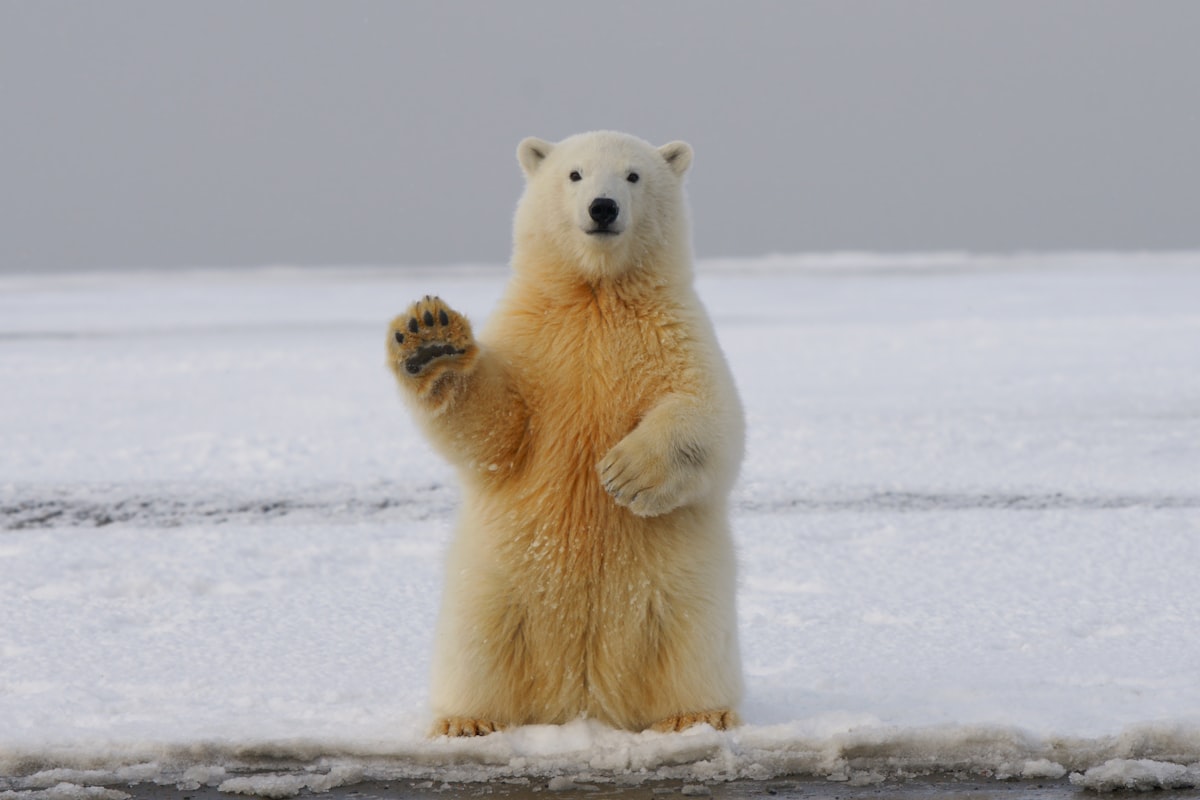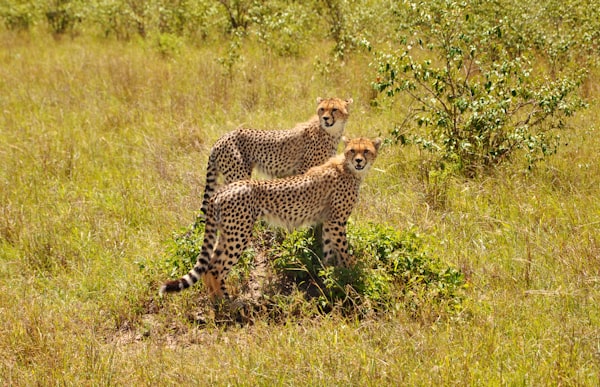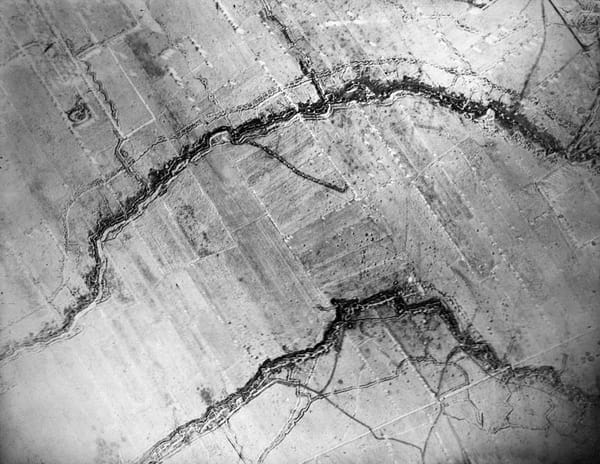Hibernation

Hibernation is a state which animals go into during the winter. While in this state, they do nothing but sleep all winter long.
Before most animals go into this long sleep, they eat a lot of food. After munching and becoming really fat, they are ready to go into a deep sleep for the rest of the winter. One example of an animal that hibernates is the bear.
After hibernating, animals, such as the bear, are starving. They hunt for food and in certain cases large carnivores will eat humans if they are deprived of other foods. Most animals will continue their lives after winter, but as soon as the ground is covered in snow, they will be sleeping underground once again.
The common bear's average temperature while sleeping is 88˚F, while they are awake, they are at 100˚F. While in hibernation, most bears have a breathing rate of once per minute. Usually, bears sleep in dens that they dig out for themselves.
Turtles and snakes do not hibernate, but they go into a state of deep sleep for a few weeks not all winter, this is called brumation. Turtles sleep underwater during winter. Snakes sleep in caves, under rocks, under logs, etc.




